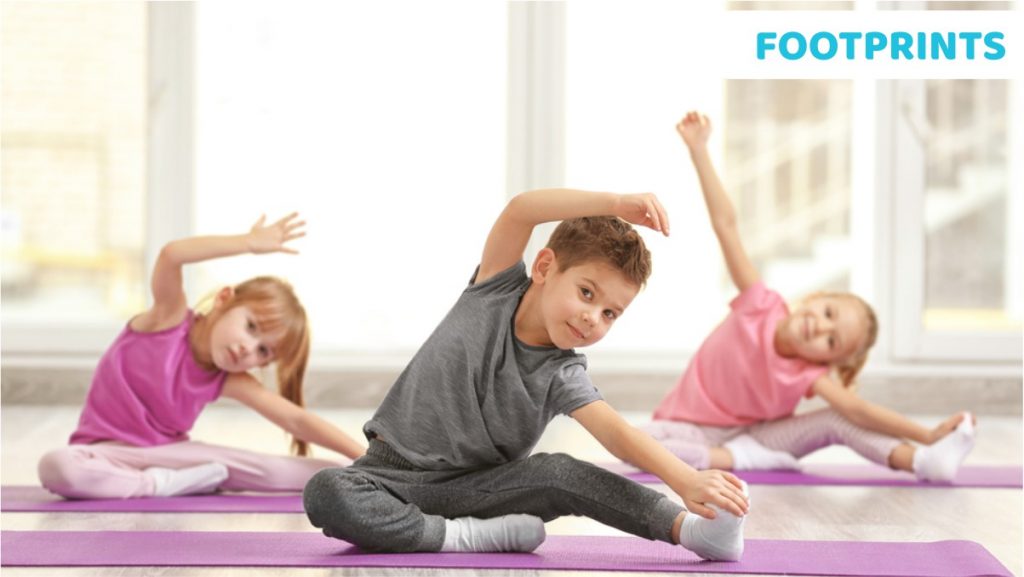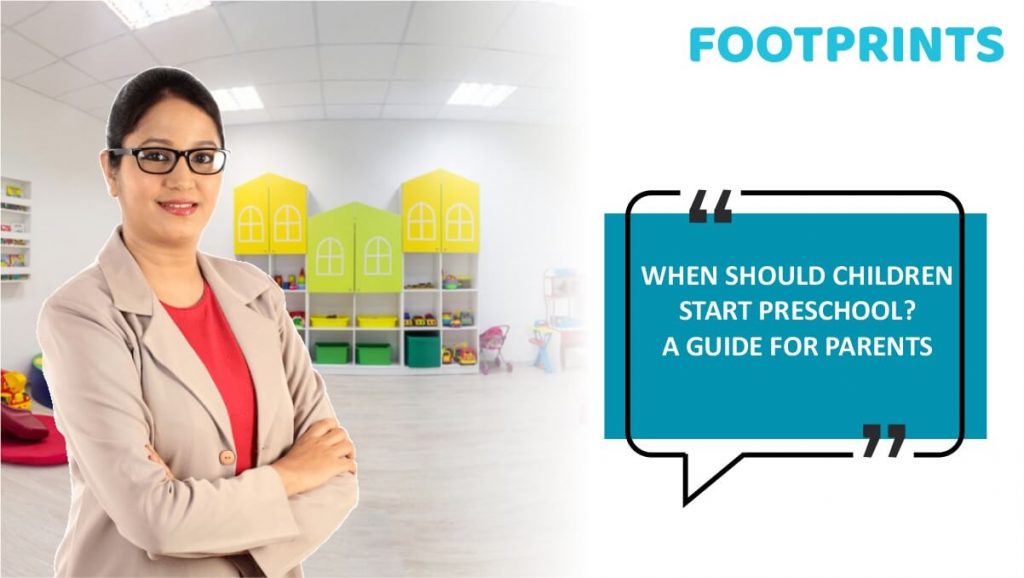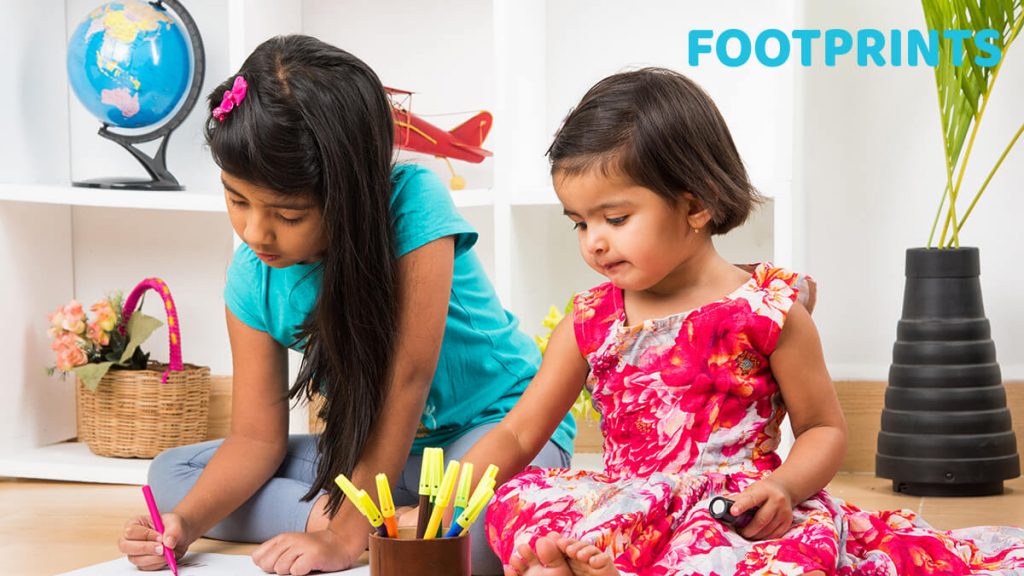
Deciding when to enroll their child in preschool is crucial for any parent. Your child’s educational experience takes shape as they grow and develop. However, precisely what age is preschool? This article will discuss the best age range to enroll children in preschool, important considerations, and the advantages of early learning. Knowing these essential elements will enable you to make more educated choices regarding your child’s preschool experience.
Age Guide
A good guiding principle can be the kindergarten age guide as stated by the New Education Policy or NEP as it is popularly referred to. As per the NEP, the following age guide classification needs to be followed when it comes to the child’s formal education:
| Level | Age | Grade |
| Pre-kindergarten | 3-4 years | Nursery |
| Kindergarten | 4-5 years | Junior Kg |
According to the NEP, the minimum admission age for children is three years for nursery, four years for LKG, and five years for UKG. The child must go through a three-year-foundation before entering Class-I at six.
When it comes to preschool, therefore, the age range that emerges is between 2 to 3 years. However, in enrolling the child in preschool, several other factors must be considered besides the child’s age. These include:
1. Physical development of the child
This is one of the most essential aspects to ascertain before enrolling your child in preschool. For one, the child must have the crucial verbal ability to communicate their needs. The ability of the child to sit in one place for a short time is also vital. Additionally, it is essential to see if the child can follow simple instructions.
It will also help the child to be potty trained or on the way to be prepared.

2. Emotional Development of the Child
In addition to the child’s physical development, it is also imperative to consider his or her emotional development now, which involves considering several aspects, such as those listed below.
Can the child handle transitions?
Preschools with a scientifically developed curriculum follow a routine with several activities and some unstructured time. Children are, therefore, expected to transition from one activity to another. It will be a good idea to have them transition-ready before enrolling them in preschool. It will help for you to give the child some notice and tell them, for instance, that after they have finished coloring a particular page, it will be time for a snack. That way, the child is mentally prepared for one activity following another. Without this training, children find transitioning from one activity to another hard.
3. Handling Separation
For children who spend all their time with their parents, separation anxiety can be a big issue. It is, therefore, best for you to start working on this before the child enrols for preschool. It is best to leave them with other responsible adults for short periods so that they get used to your absence. It will also help to speak to them about their routine once they join preschool. It is important to tell them you will drop them off at school and wait for them once they are done. All of this, however, may not mean that the child will not cry when he or she is separated from you, but the overall anxiety will be lesser.
4. Interaction with other children
While the child will learn social skills in preschool, it is best to consider whether they can interact with children in a social setting. If the child has been around other children, they can interact well with them. Fundamental aspects such as sharing their belongings or waiting for their turn will not surprise them. While the preschool will provide enough and more socialization opportunities, having taken the first few steps in this direction helps.
In choosing a preschool, do remember to do due diligence for the kind of vision they have and whether they follow a scientifically developed curriculum. Professionally run preschools also offer different programs catering to other age groups that you could choose from.
For instance, at Footprints, a preferred play school for children across the country, we offer a Toddler Program for children aged 12-24 months where they receive undivided attention and the proper stimulation. The inclusive, engaging, and interactive learning environment helps the child’s specific learning and development requirements.
There is also a Play Group for children aged 24 to 36 months where a dedicated team, a well-crafted curriculum, and a safe, nurturing environment ensure the holistic development of children.
To Sum Up
A child’s preschool years are a critical turning point in their educational journey because they support progress in various developmental areas. While three to five years old is usually the best age range for preschool attendance, it’s essential to consider your child’s developmental milestones and readiness.
Preschool gives children an early educational experience and critical skills that prepare them for success in the classroom later. To make an informed choice, don’t forget to check out nearby preschools, talk to teachers, and determine what your child needs. Seize the chance to provide your child with a solid foundation for learning and development.
Pro tip- A very important aspect to remember when enrolling the child in preschool is not to compare the child with other children unduly. While you need to ensure that the child is adhering to the markers of development, it is essential to remember that each child blooms in his or her own time to be unduly worried so that another child does not have separation anxiety. At the same time, yours does and will do you and the child no good.

Amita is an experienced educator with over 30 years of experience. She has an outstanding understanding of child development, having worked with various age groups for prestigious businesses. She has been dedicated to handling Footprints’s Curriculum and Delivery department for the past decade. Amita’s credentials include being one of India’s few HighScope Curriculum certified trainers and volunteering as a course leader for Landmark Education, the world’s largest training firm.



